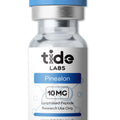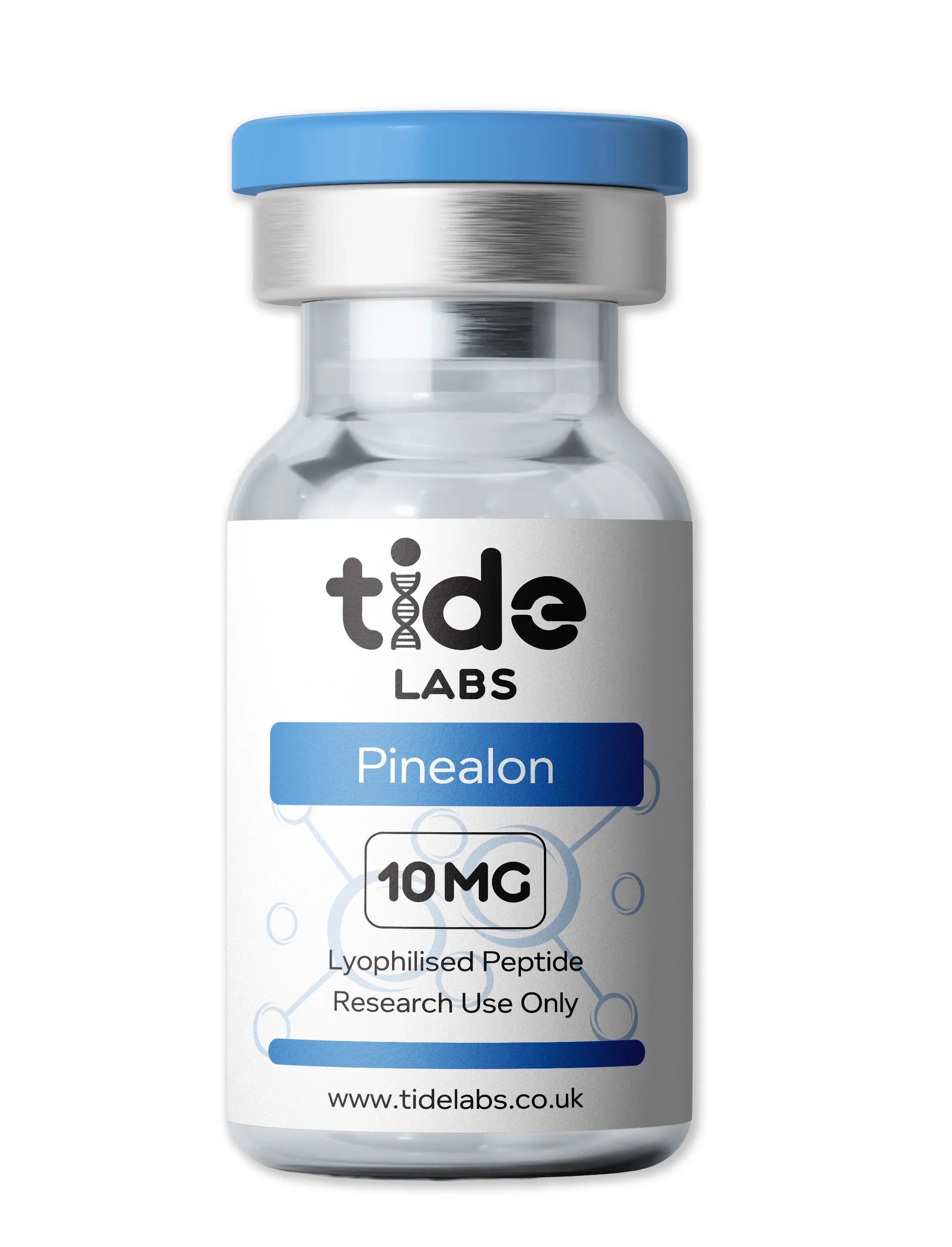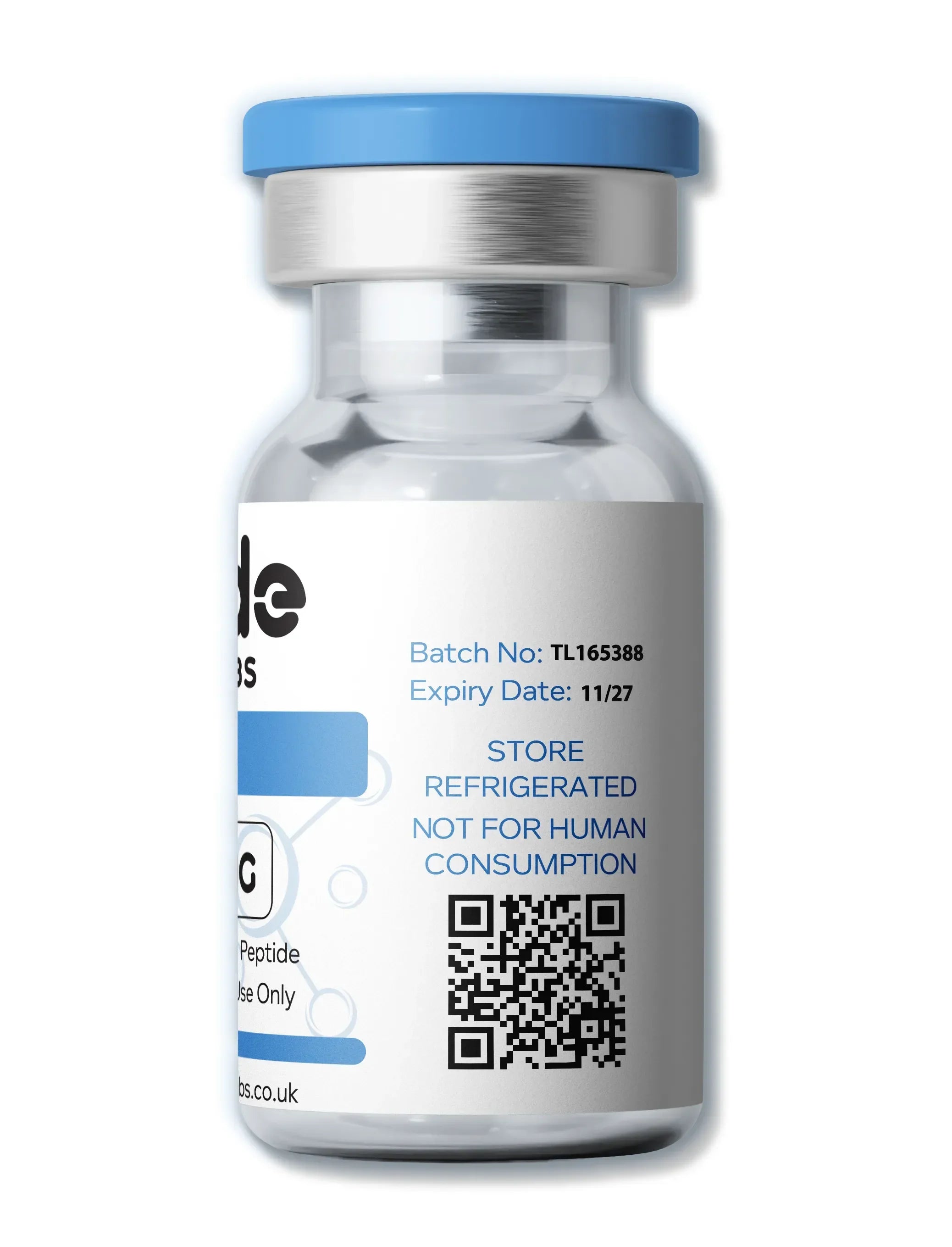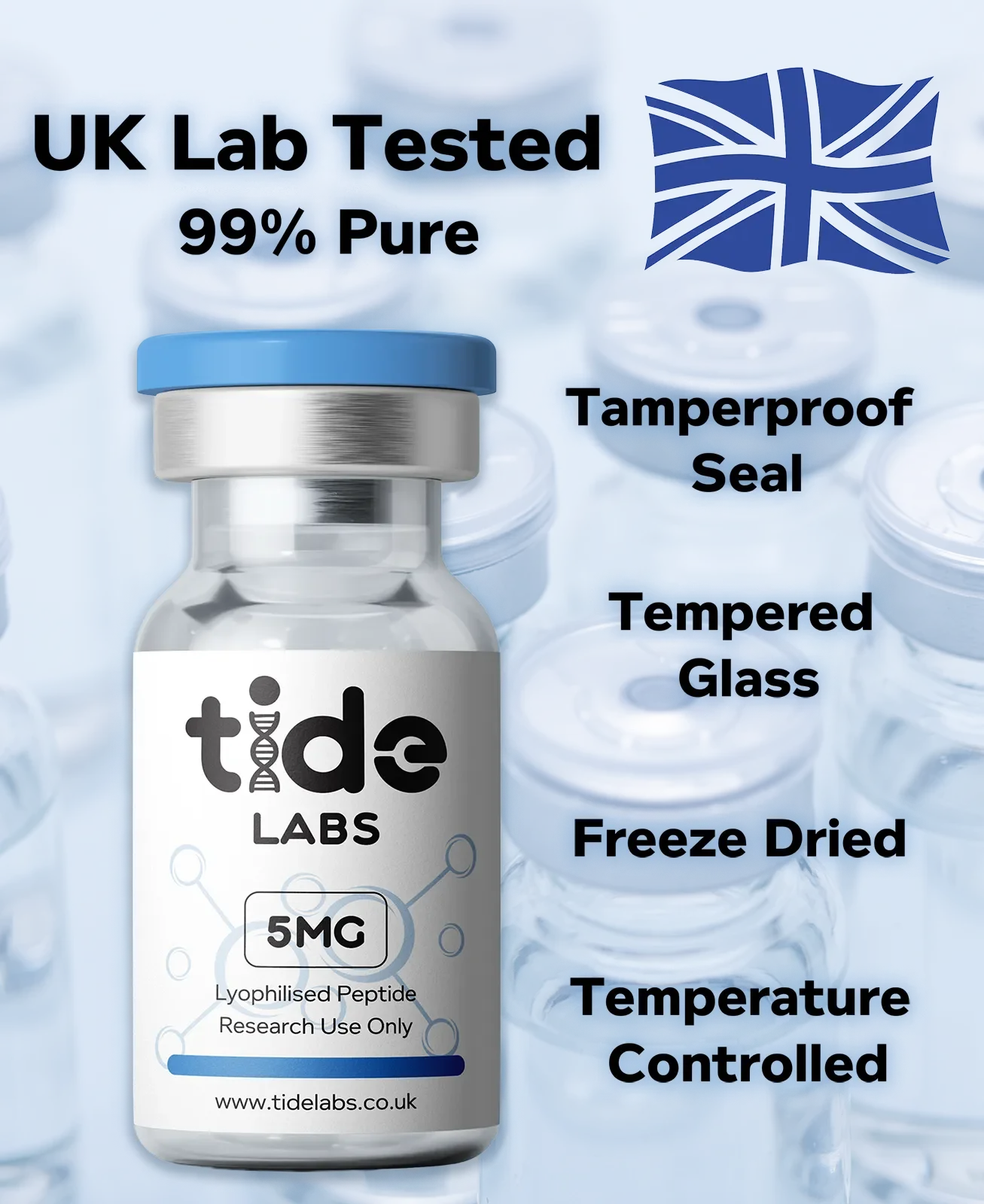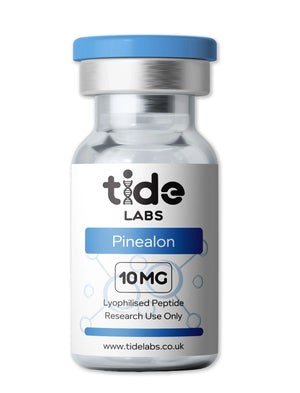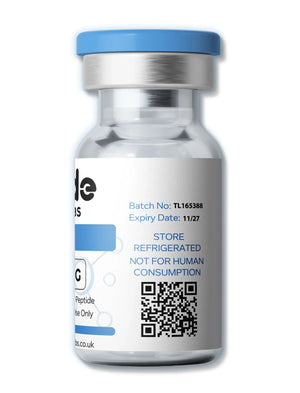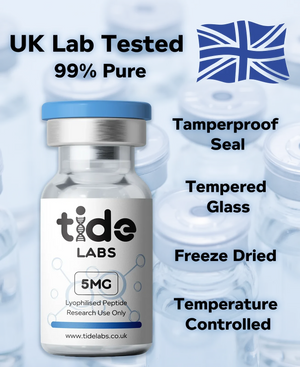Pinealon 10mg
Pinealon is a synthetic tripeptide originally developed in Russia, derived from research into short peptides that may influence brain and nervous system function. It has attracted attention in preclinical and laboratory studies for its potential role in neuroprotection, cognitive support, and regulation of cellular processes linked to aging. While not approved for human or veterinary use, Pinealon continues to be studied as an intriguing candidate in neuroscience and gerontology research.
Area of Interest
Research into Pinealon has focused on several promising areas:
- Neuroprotection: Studied in preclinical models for its potential to reduce oxidative stress and support neuronal survival.
- Cognitive Research: Explored for possible effects on learning, memory, and cognitive function in aging models.
- Gene Expression: Investigated for its influence on DNA and RNA synthesis, potentially impacting cellular repair processes.
- Aging Studies: Examined for its role in regulating biomarkers of aging and supporting nervous system resilience.
Together, these research areas make Pinealon an exciting peptide of interest in the study of brain health and age-related decline.
Technical Information
- Chemical Name: Pinealon tripeptide
- Synonyms: Glu-Asp-Arg peptide
- Molecular Formula: C₁₄H₂₄N₆O₉
- Molecular Weight: ~420.38 g/mol
- Sequence (Amino Acid): Glu-Asp-Arg
- Peptide Classification: Synthetic tripeptide, neuropeptide research peptide
Storage Guidelines
- Lyophilized peptide is stable at room temperature for short periods.
- For long-term storage, keep at −20 °C or below.
- Once reconstituted, store at 2–8 °C. Effective use depends on the solution used.
Solubility
Pinealon is soluble in sterile water and other aqueous buffers depending on formulation and purity.
References
- Khavinson, V. K., & Morozov, V. G. (2003). "Peptide pinealon regulates brain cell functions." Bulletin of Experimental Biology and Medicine, 135(6), 590–592. https://doi.org/10.1023/A:1025450420709
- Khavinson, V. K., Linkova, N. S., Dyatlova, A. S., et al. (2016). "Peptide bioregulators and aging: influence on genome expression." Biochemistry (Moscow) Supplement Series A: Membrane and Cell Biology, 10(4), 299–307. https://doi.org/10.1134/S1990747816040092
Certificate of Analysis (COA): Available here
